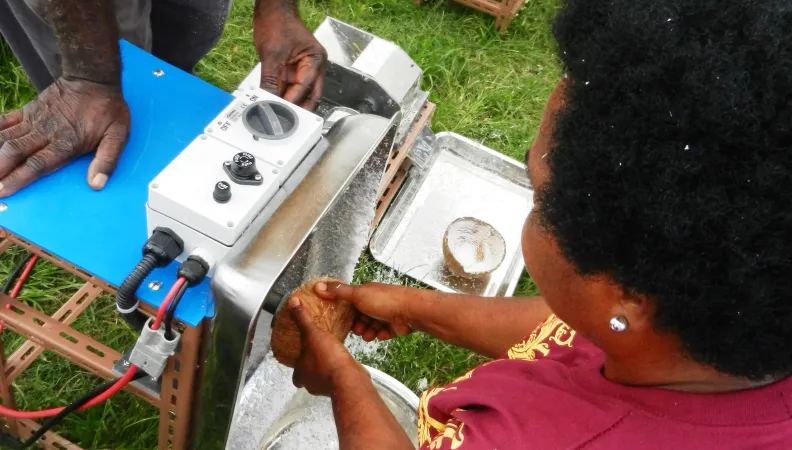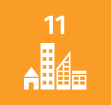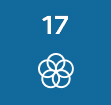Share the page
Extending access to energy and solar technologies in the rural environments
Project


-
Project start date
-
Status
In progress
-
Estimated date of project termination
-
-
Project financing date
-
-
Financing duration
-
4 years
-
Type of program
-
FFEM
-
Global financing amount
-
1 670 000 €
-
FFEM financing amount
-
500 000 €
-
Project lead member institution(s)
-
French Ministry of Economy and Finance
-
Country and region
-
Indonesia
-
Location
-
Vanuatu
-
Type of financing
-
Grant
-
Partners
-
GSMA (GSM Association), MCA (Millenium Challenge Account), USAID (« Powering Agriculture »), VIA & impact investissement
-
Beneficiaries
-
Village Infrastructure Angels (VIA)
-
Type of beneficiary
-
private sector




The rural populations of Vanuatu and Indonesia frequently lack basic access to electricity, in particular for lighting, phone charging or electrically-powered crop mills. In supporting this project to supply electrical equipment with solar photovoltaic power, the FFEM seeks to contribute to the economic development of these populations through an innovative and sustainable dynamic.
Context
On Vanuatu and on Sumba Island in Indonesia 60,000 rural homes - some 300,000 people - have no access to electricity. By supporting Village Infrastructure Angels (VIA), the FFEM plans to demonstrate that everyone can access electricity via off-grid renewable energy. This allows micro-enterprises to build their businesses by hiring small items of electrical equipment over a 5-year period. This project is part of the USAID-supported “Powering Agriculture” programme. Rather than simply providing access to basic services for homes, this also introduces innovative technologies to process local crops (mills for manioc flour, coconut graters, hullers for rice and maize etc.). By sustainably modernising agriculture, this project is helping to reduce poverty in the region while creating economic opportunities.
Description
The project has five components:
- Mapping the area covered by the project and prioritising the different sectors, with support from local partners.
- Ordering equipment appropriate to the villages’ needs after having demonstrated the equipment and collected data on the types of agricultural crops produced.
- Initiating the fabrication of solar equipment and infrastructures by manufacturers in China, and have these shipped and delivered ready for installation.
- Routing and installing the solar equipment in the recipient villages on each of the islands concerned and training the local entrepreneurs to operate them.
- Sharing the knowledge acquired during the project, both locally and internationally.
Outcomes
- Provision of solar-generated electricity to 6,500 households to meet their lighting and phone charging needs
- Introduction of innovative solar technologies to expand agricultural businesses
- Saving 750 tonnes of CO2 annually, a total of 3,750 tonnes over 5 years
- The economic structuring of communities via small local NGOs
- Provision and installation of 130 items of solar equipment and the creation of around 130 direct jobs
Innovative & exemplary character
The project provides access to solar-generated electricity for Vanuatu and in Indonesia, responding to household needs in lighting, phone battery charging and other electrical consumer goods. It introduces innovative solar technologies for processing local agricultural crops, such as rice hullers, mills for flour (maize, manioc) and grinding spices, graters for coconuts and manioc, oil presses and other equipment.
In addition, as the crops and problems with access to energy found on Vanuatu and Sumba Island in Indonesia are identical to those encountered in larger developing countries across Africa, Asia and South & Central America, the lessons gleaned during the project can then be replicated at larger scale.
Sustainable Development Goals
ODD9 Industry, innovation and infrastructure

ODD11 Sustainable cities and communities

ODD13 Climate action

ODD17 Partnerships for the goals



